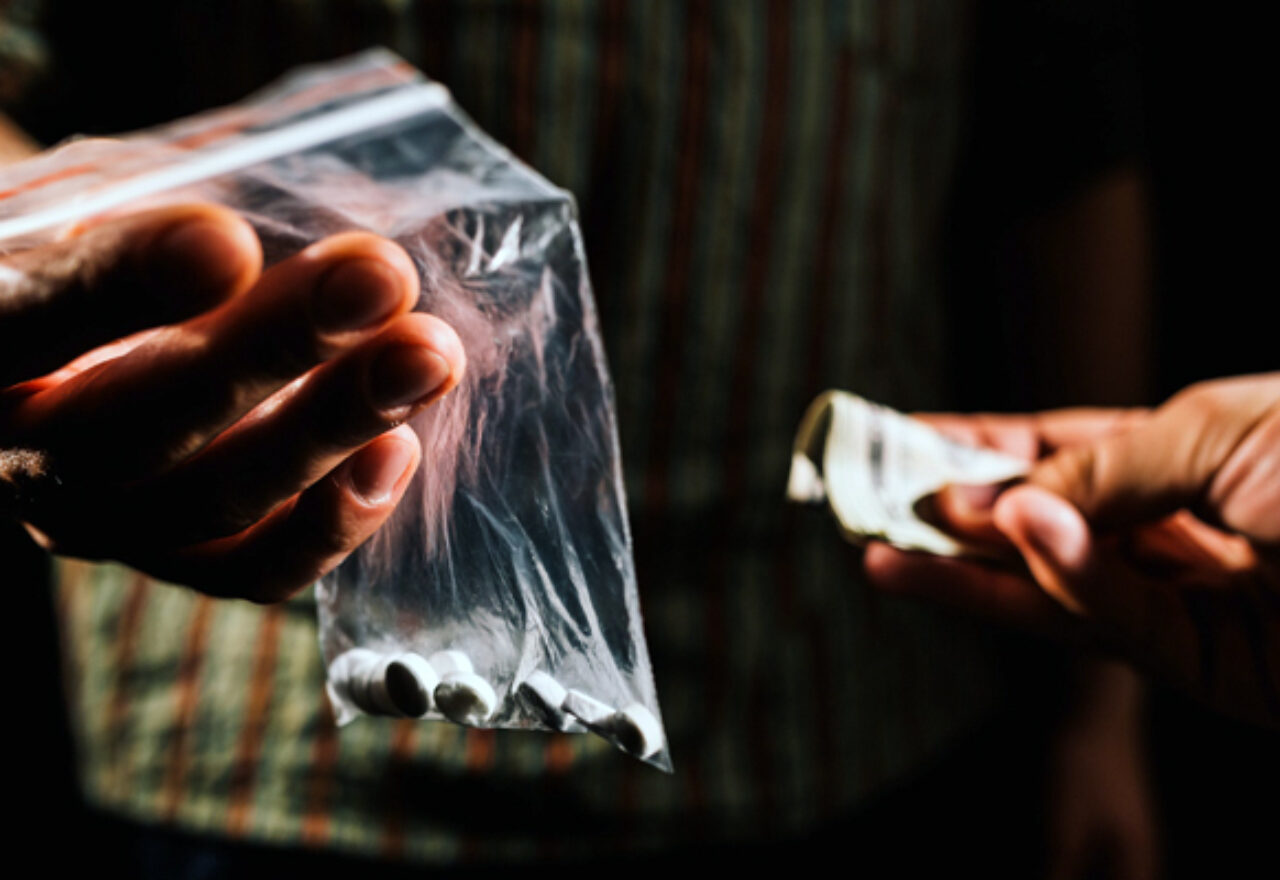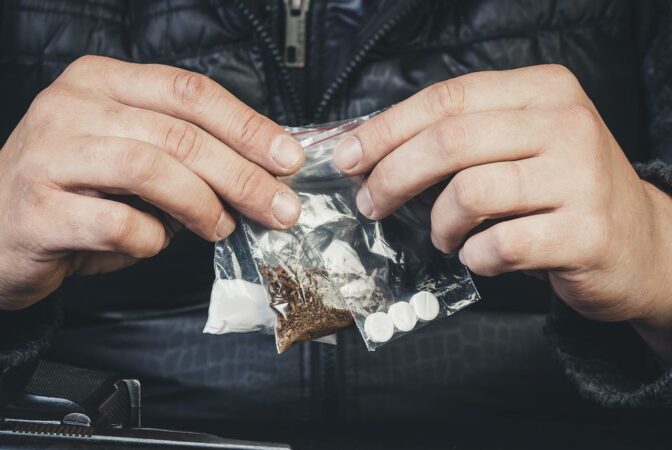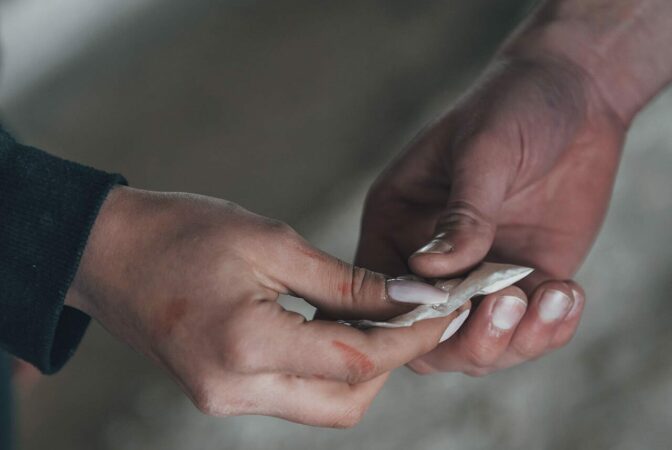Our client, Mr Q, was arrested after police claimed to have found a wash bag containing half a kilo of cocaine in his bedroom. Given his previous convictions for supply, he was facing a mandatory minimum sentence of seven years in prison.
With the prosecution alleging possession with intent to supply Class A drugs, the situation looked bleak, but something wasn’t adding up. From the moment we picked up this case, our team of lawyers were determined to pull on the threads of the prosecution’s argument, and secure proper justice for Mr Q.
As we reviewed his side of the story, it became clear that the circumstances surrounding the search were peculiar. The day before Mr Q’s arrest, officers were searching the property he shared with two others, for an unrelated investigation. Mr Q had been away for the weekend, and upon returning, found the police at his address with a full team and sniffer dogs. He was asked to leave while the search was conducted, but nothing was found.
The next day, he was contacted by police and asked to return to the property so that they could conduct a second search. It was only then that officers claim to have uncovered an overwhelming amount of evidence linked to drug dealing: multiple phones and SIM cards, razors, and cash. Most significantly, a wash bag holding 500g of white powder was found which officers at the scene suspected to be cocaine. Mr Q was arrested, and with previous drug supply convictions already on record, he was facing a prospective third-strike offence, and a minimum prison sentence of seven years.
So our defence team stepped in to help. Our client insisted that neither the wash bag nor its contents belonged to him. Living in shared accommodation, his room had been left unlocked while he was away that weekend, meaning it was accessible to others at the time the drugs were supposedly placed there.
One of our solicitors attended the initial police interview with Mr Q. When the officer in charge of the interview announced that the substance found in his bedroom had been tested and confirmed to be half a kilo of cocaine, our client was shocked. This was clearly new, surprising information for him, and a cause of alarm. The officer proceeded to conduct an aggressive style of questioning directed at Mr Q, at which point our solicitor reminded him of his right to pause the interview for a private legal consultation – which he promptly did.
As the investigation against our client took motion, our legal team began to dig into the prosecution’s case. We demanded full disclosure on how, when, and by whom the wash bag was found, but as we reviewed the body-worn footage, the cracks began to show. No one had taken responsibility for locating the wash bag, and there was no reliable record of the way in which it was recovered. With the entire discovery of the wash bag undocumented, we alerted to the courts that something was seriously wrong.
We called attention to these holes in the prosecution’s argument, exacerbated by the fact that the Crown were continually delaying the serving of Stage 1 disclosure of forensic evidence. Then came a turning point in the case against Mr Q: scientific testing of the content in the wash bag proved that it was not a Class A substance after all.
With the foundation of the Crown’s case collapsing, they had no choice but to offer no evidence, and our client was free to go.
This was a case that could have cost our client nearly a decade of his life, but thanks to the persistence of our defence team to bring attention to weak evidence on the prosecution’s side, the truth came to light, and Mr Q walked free.





